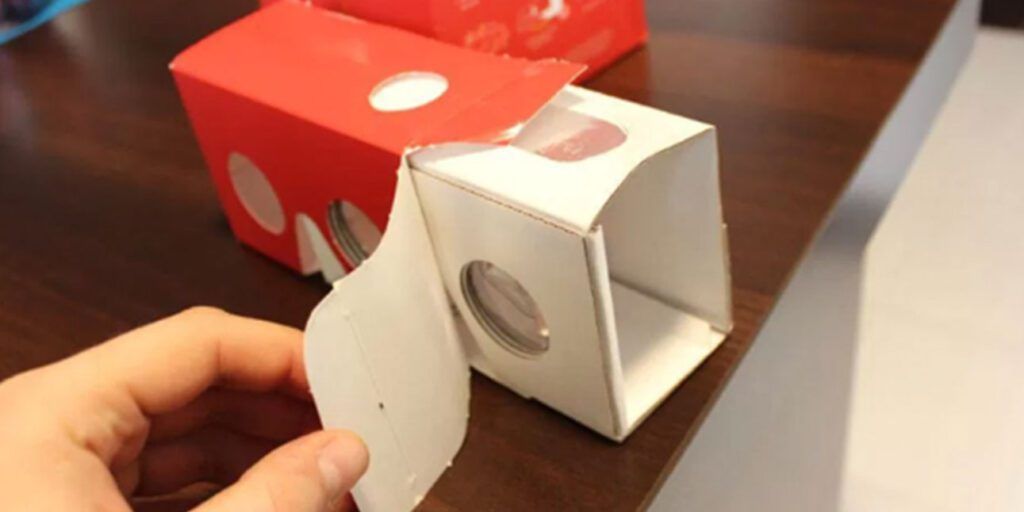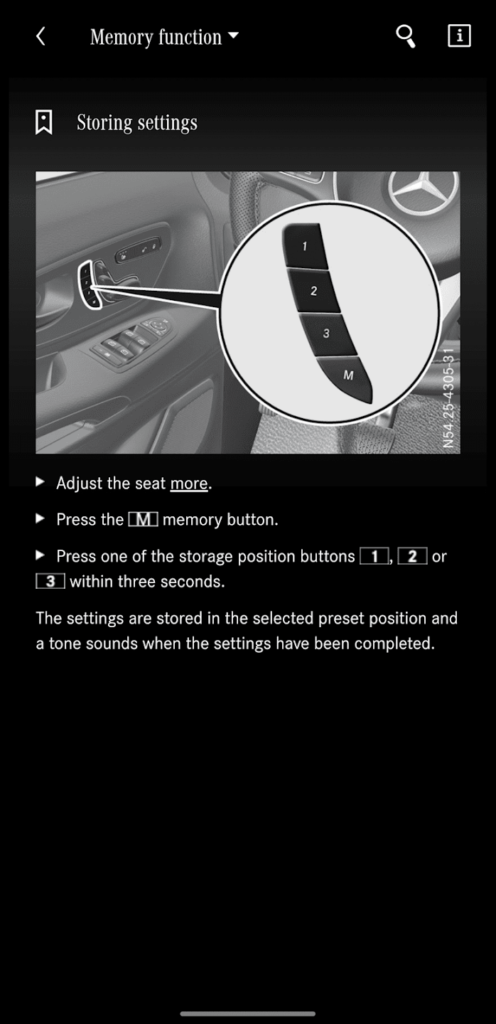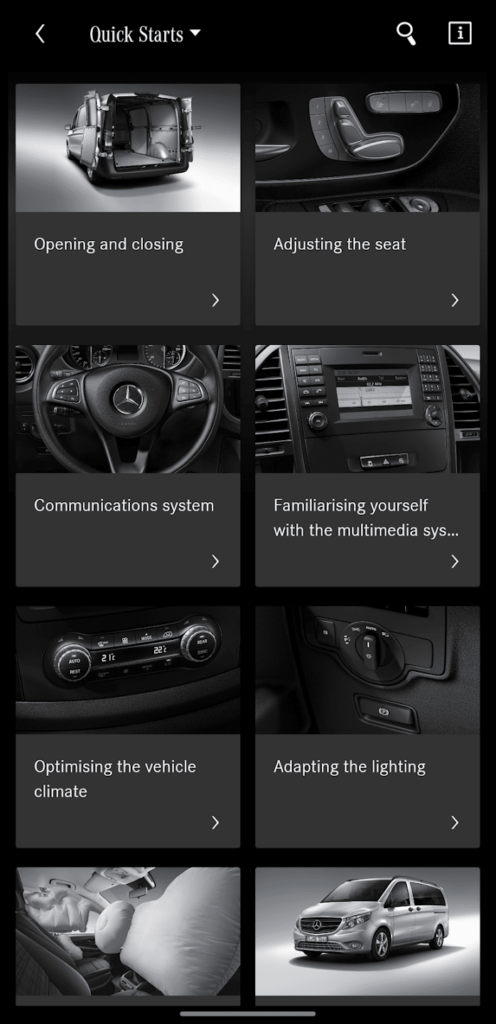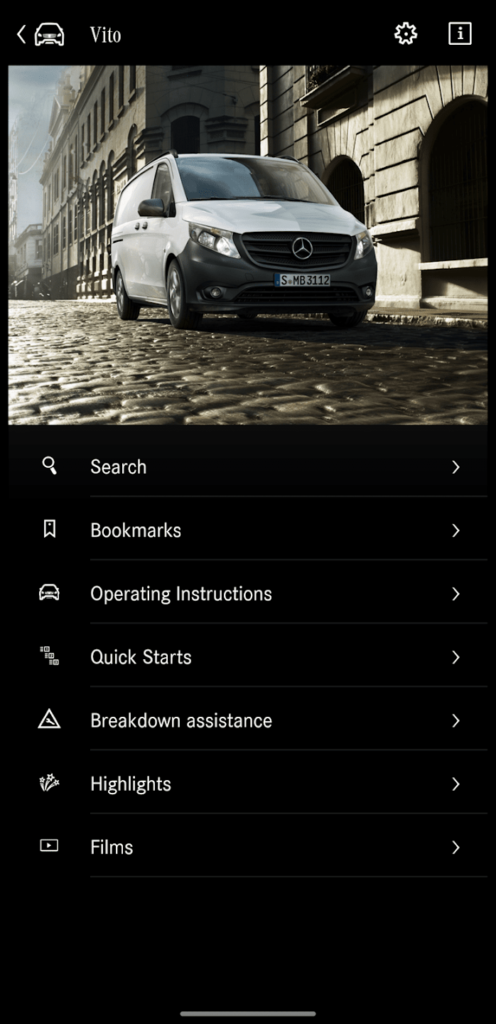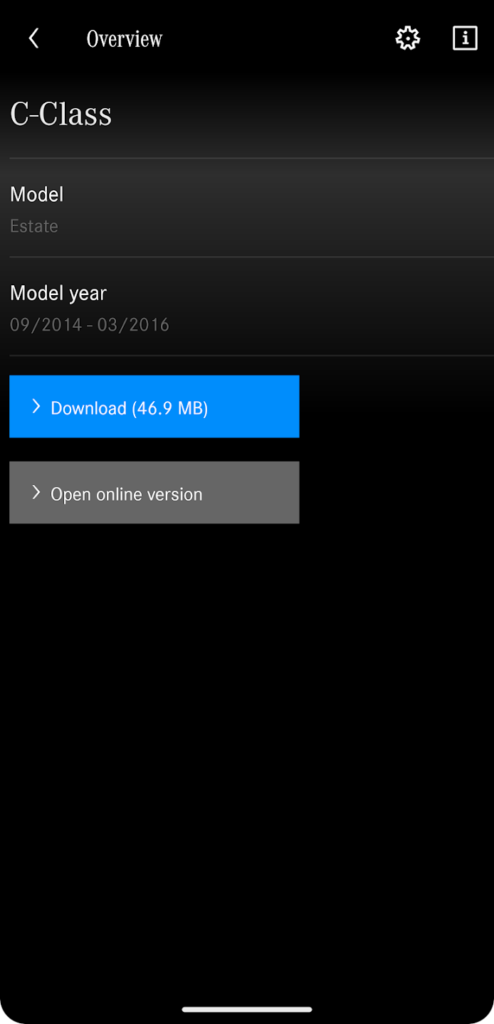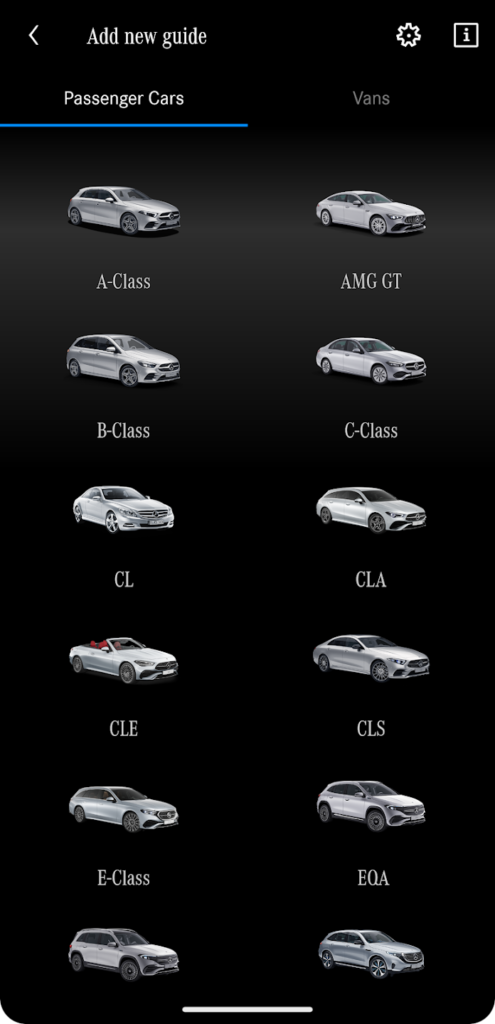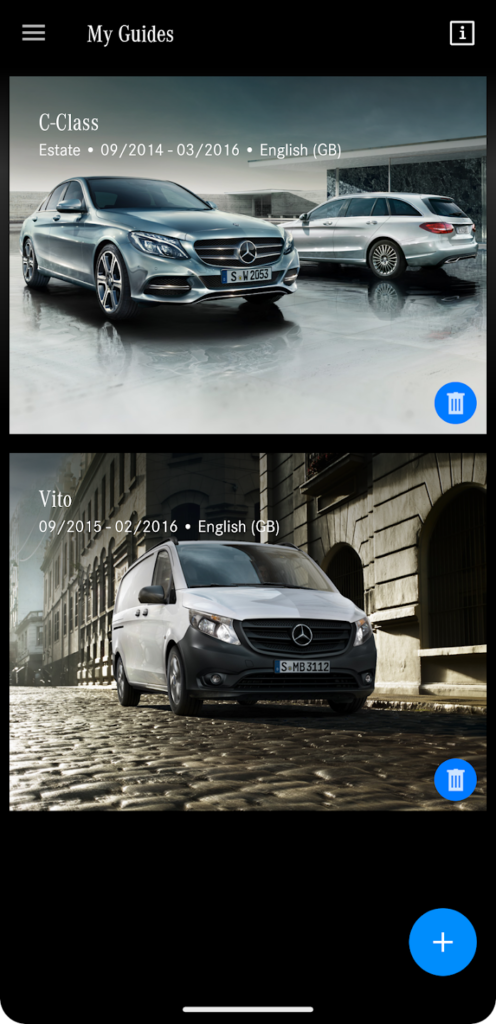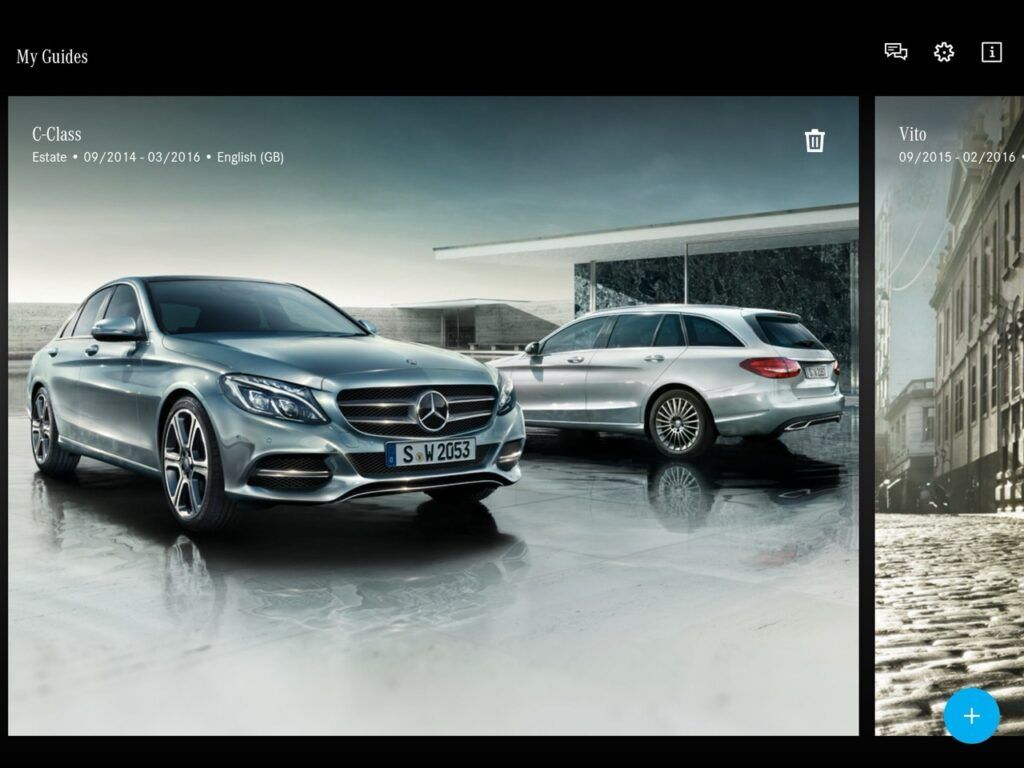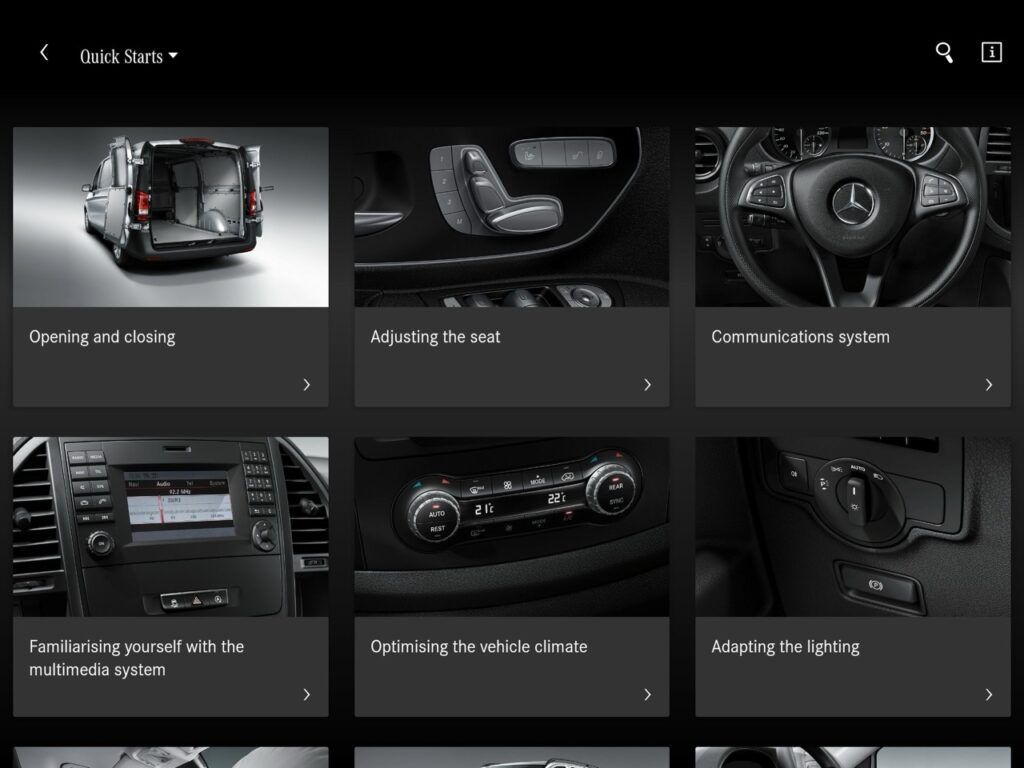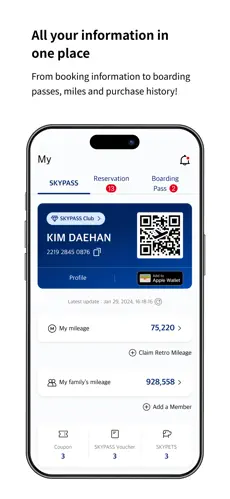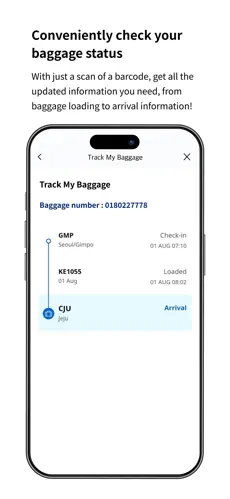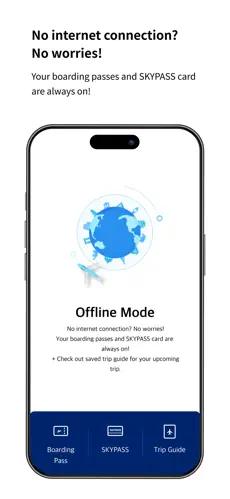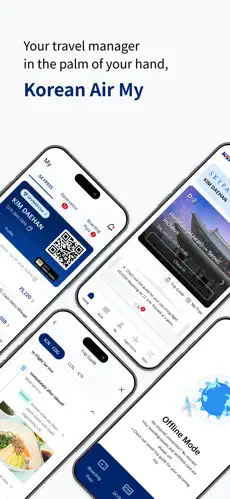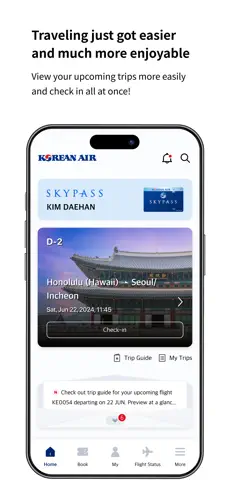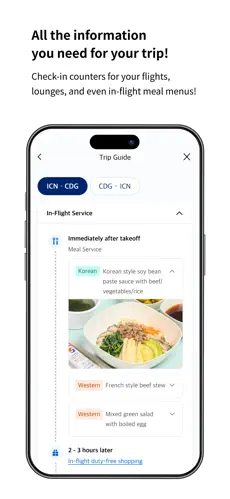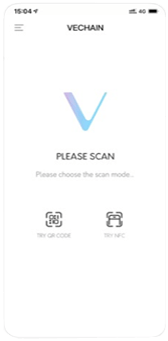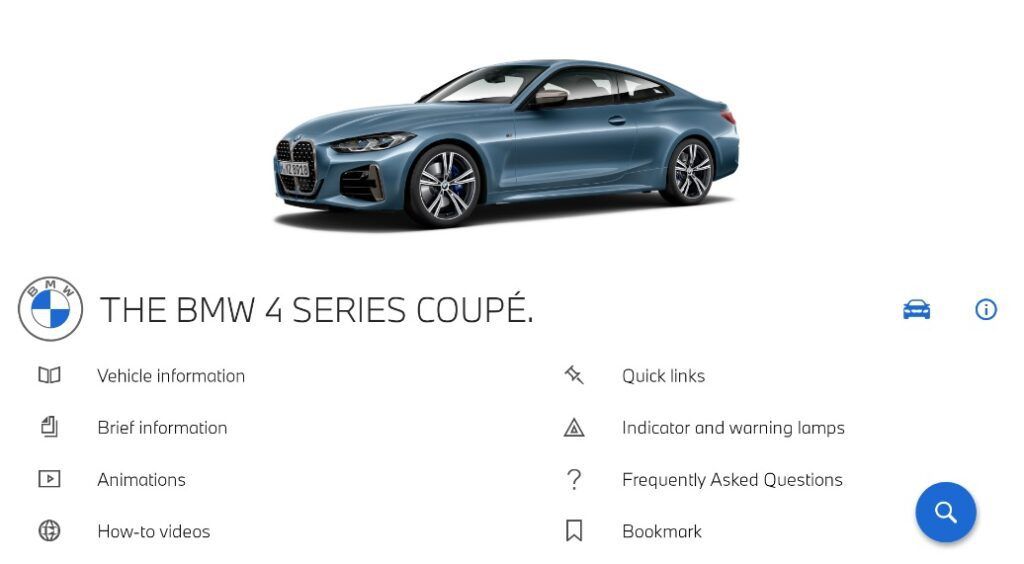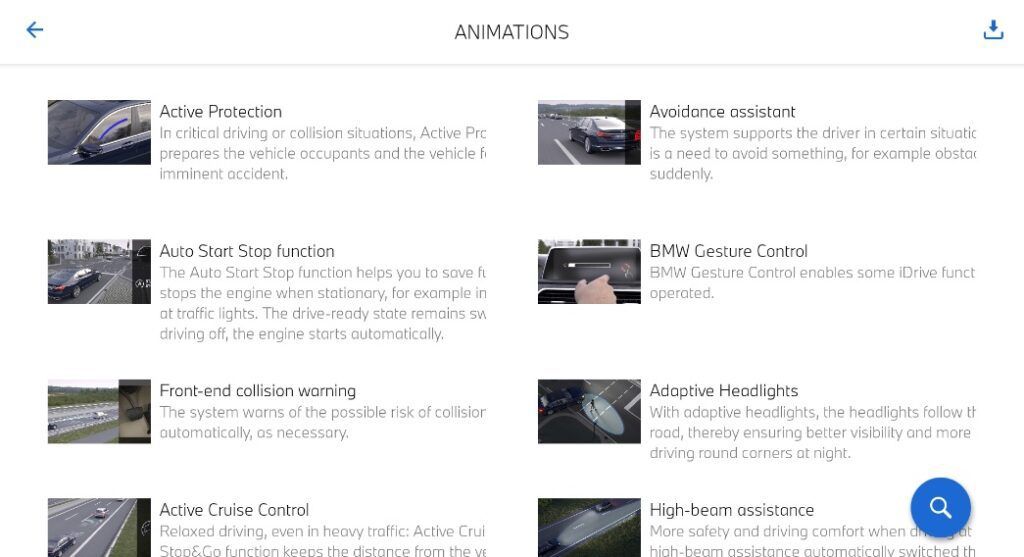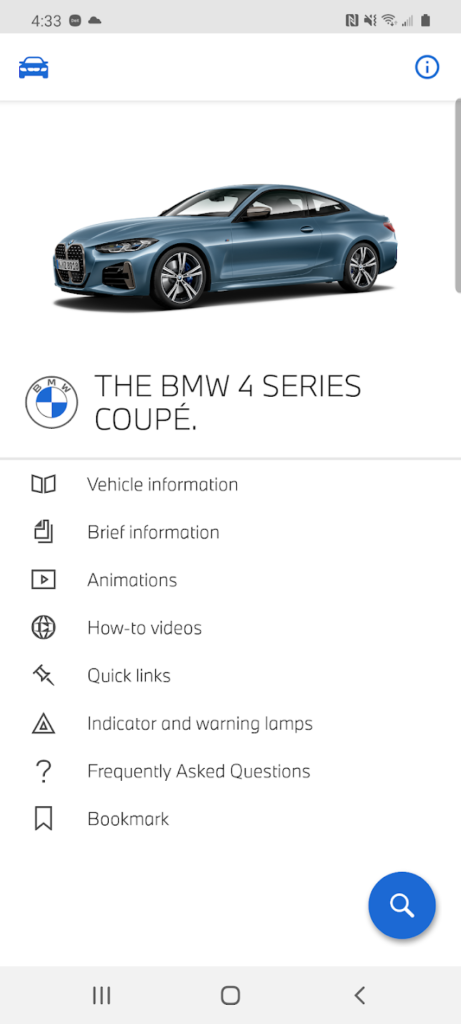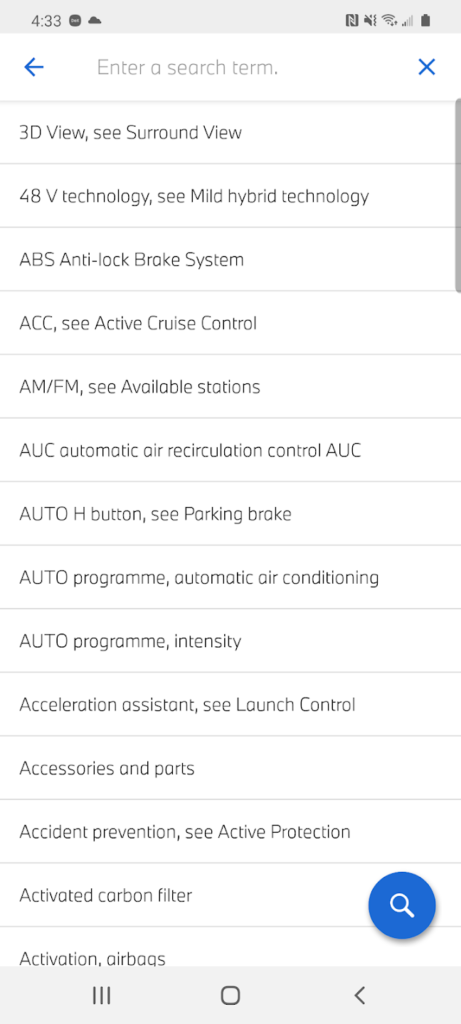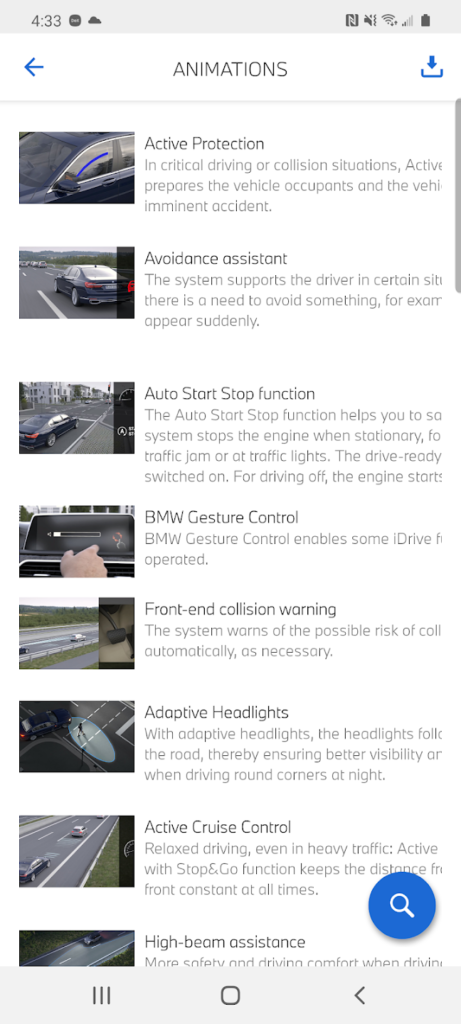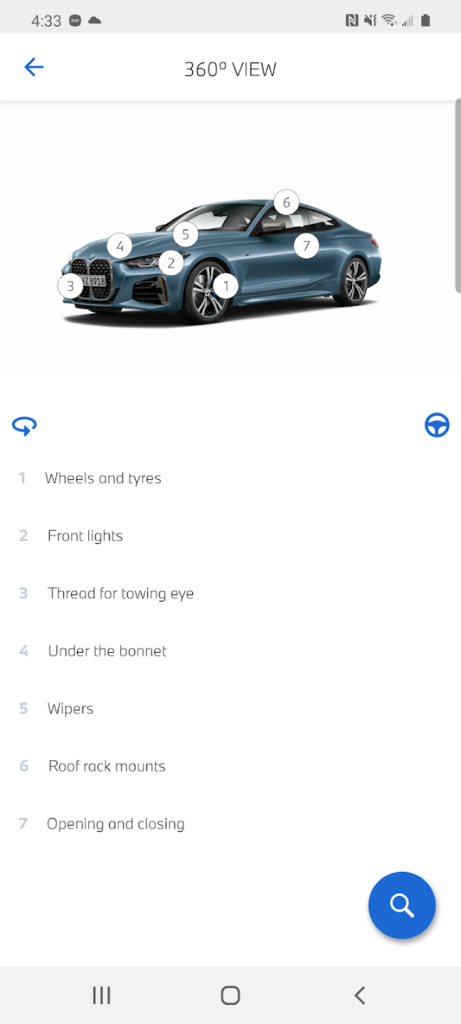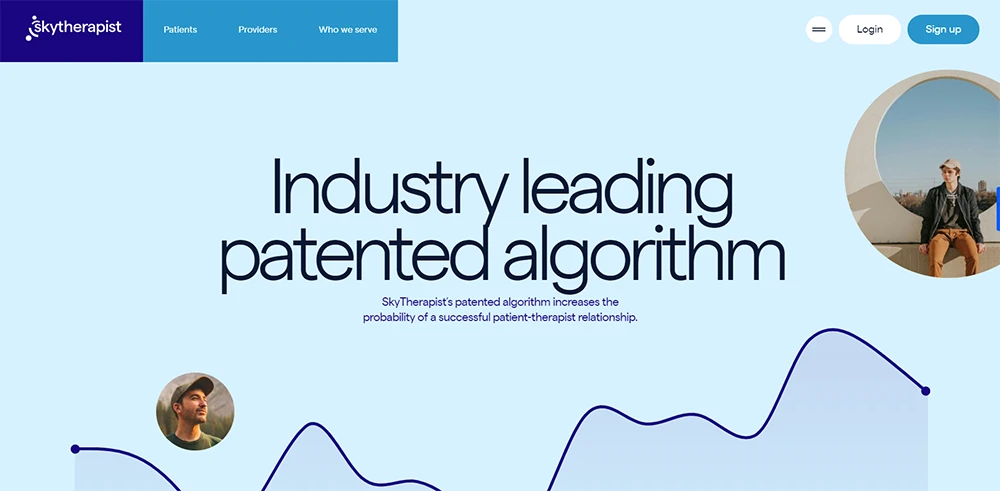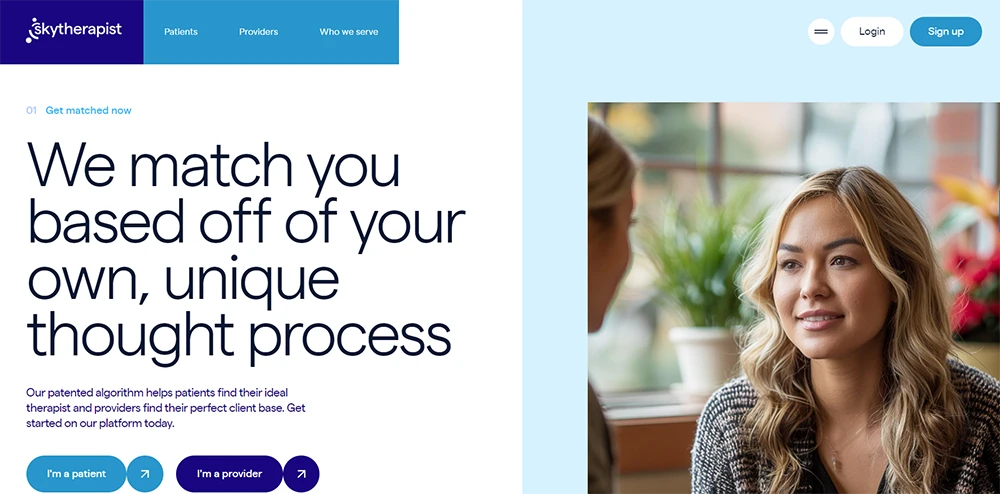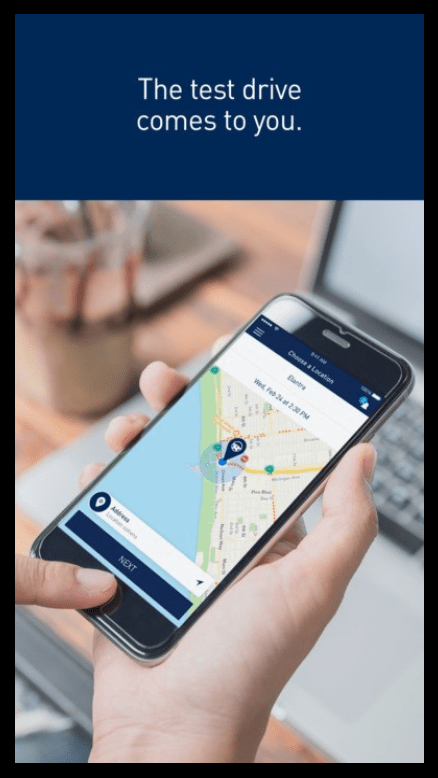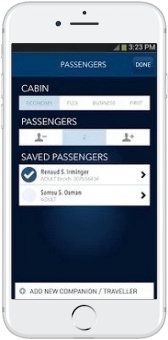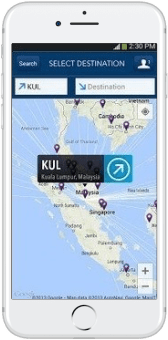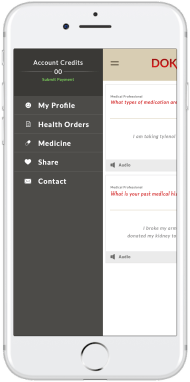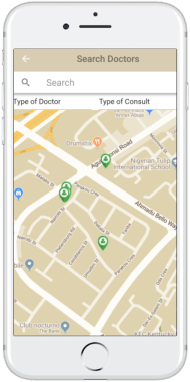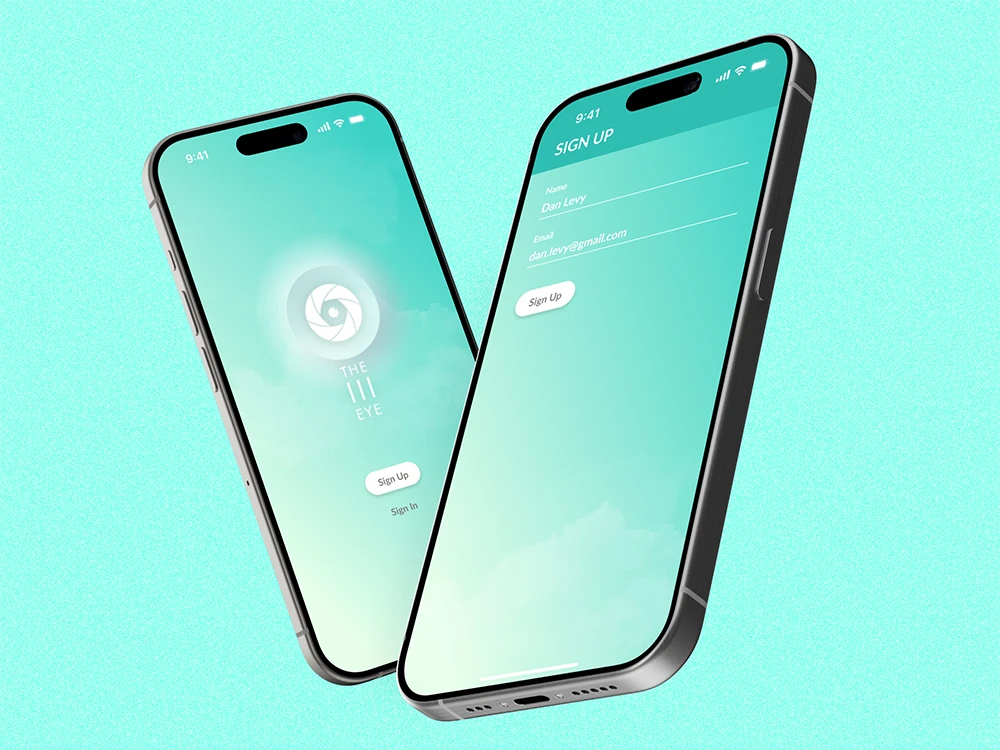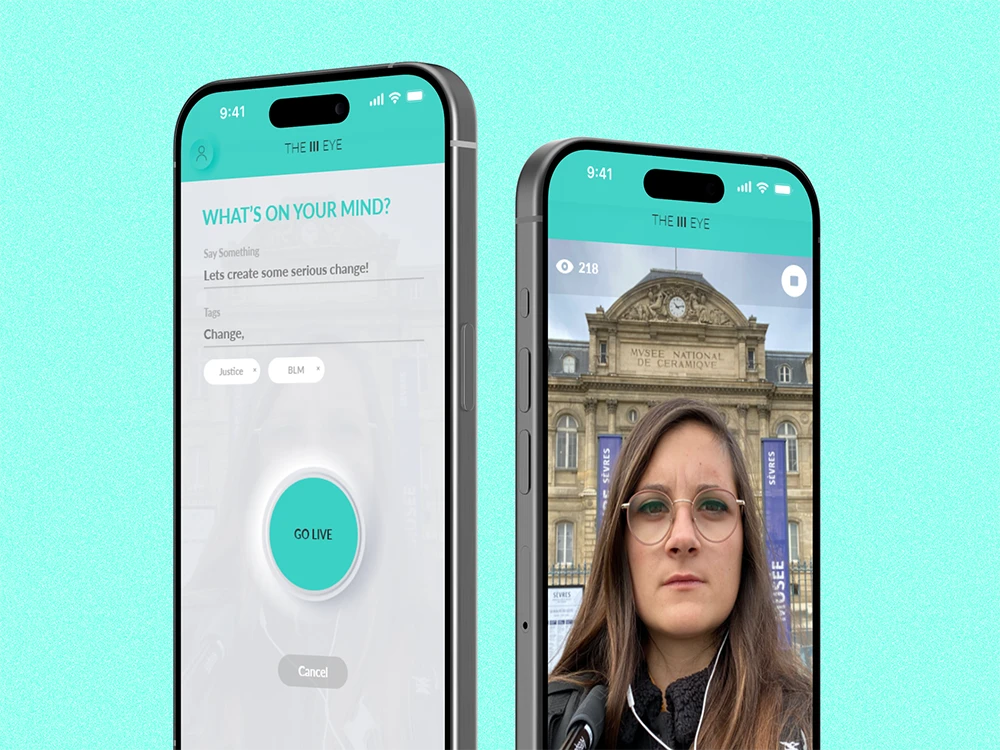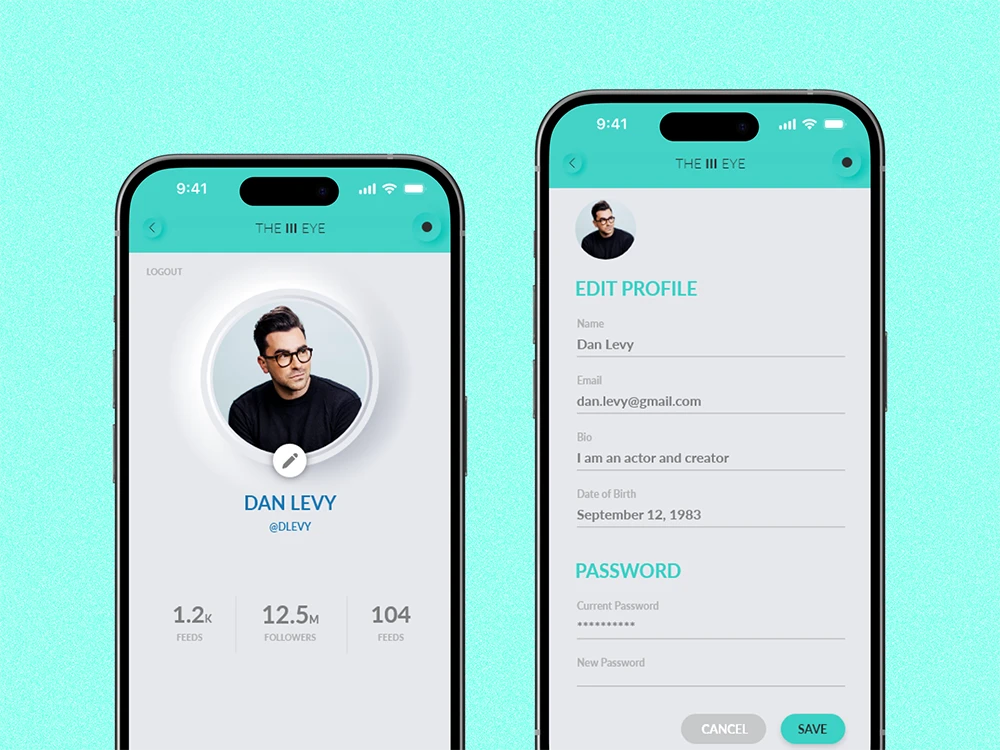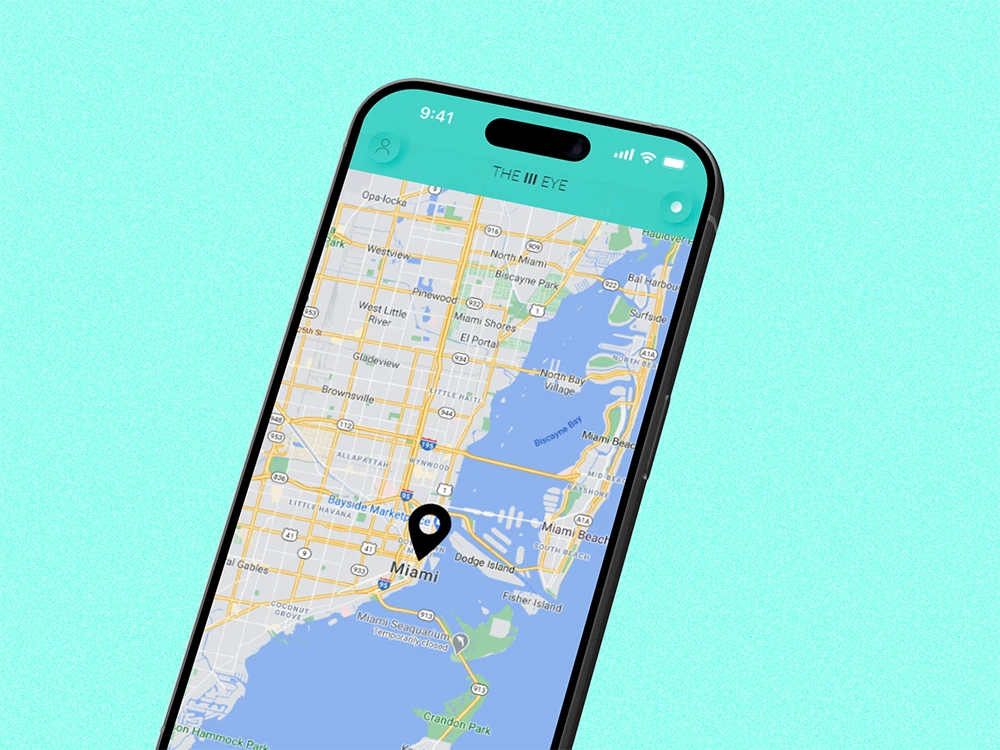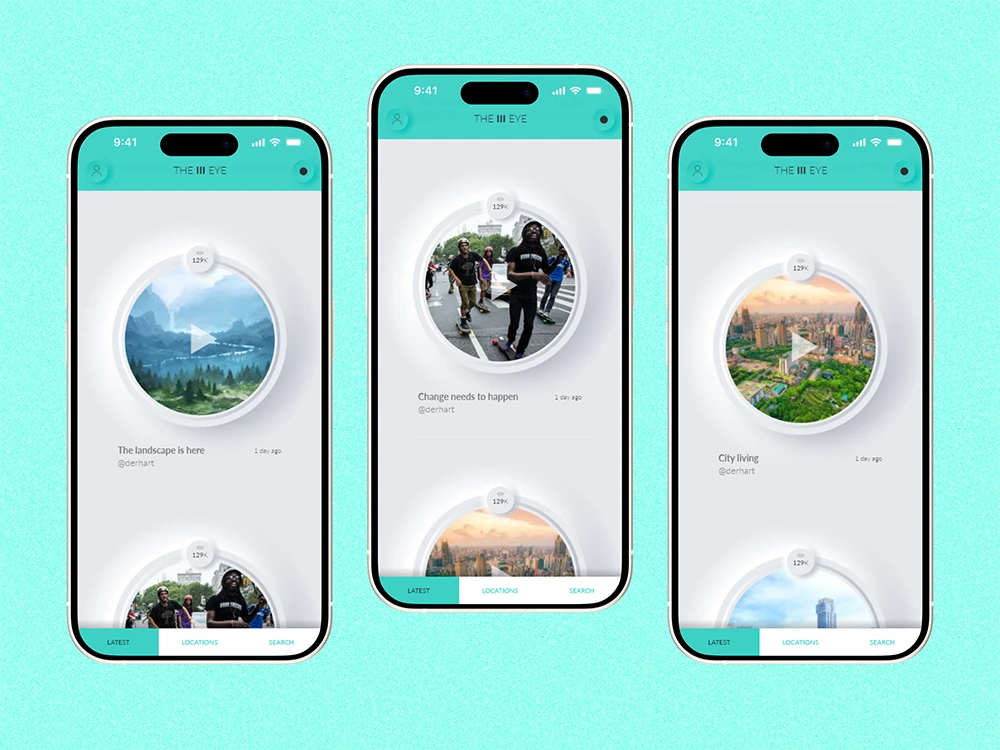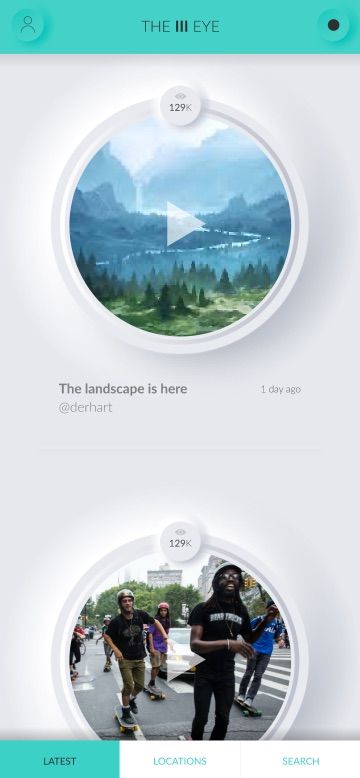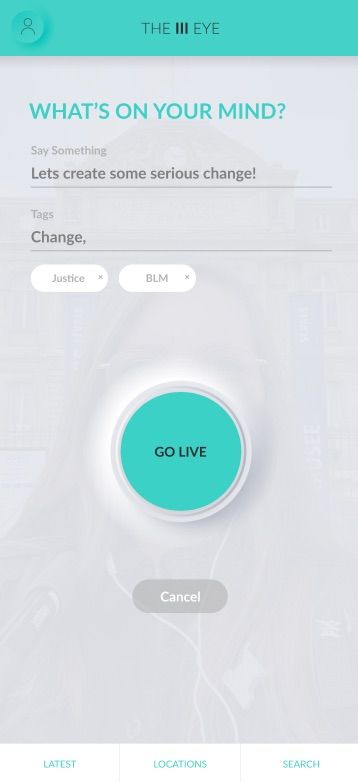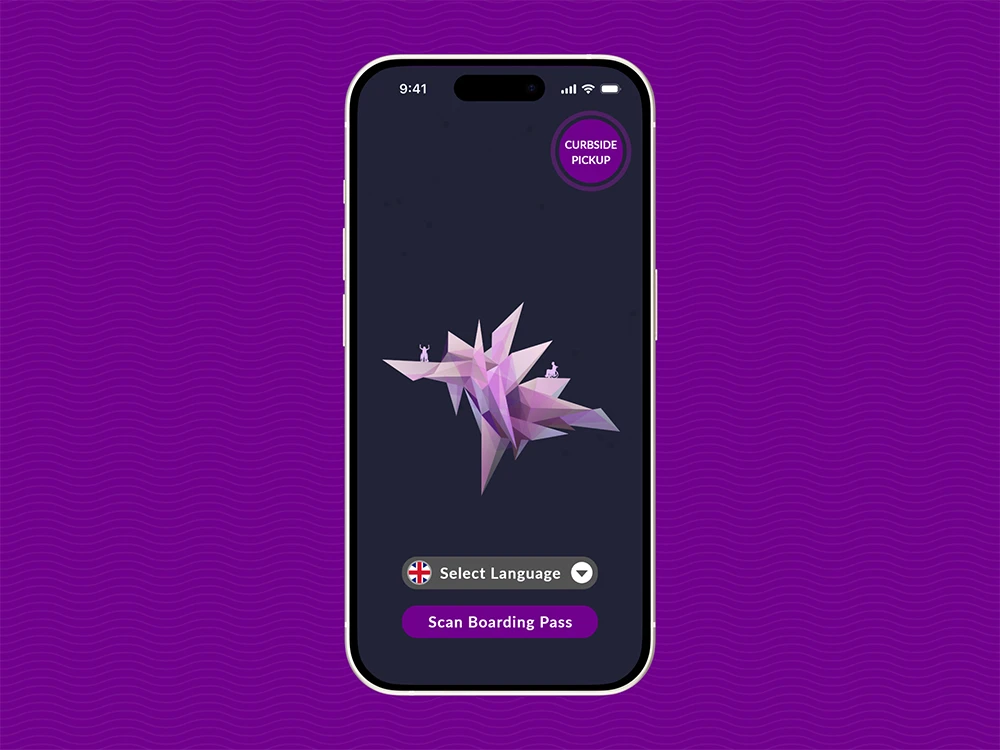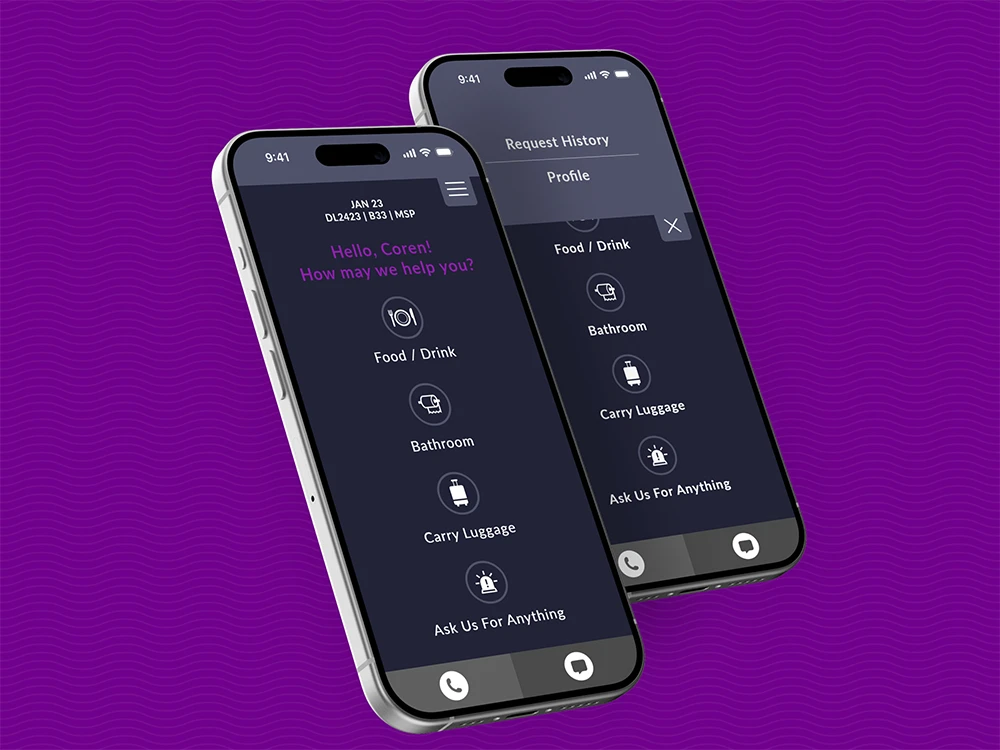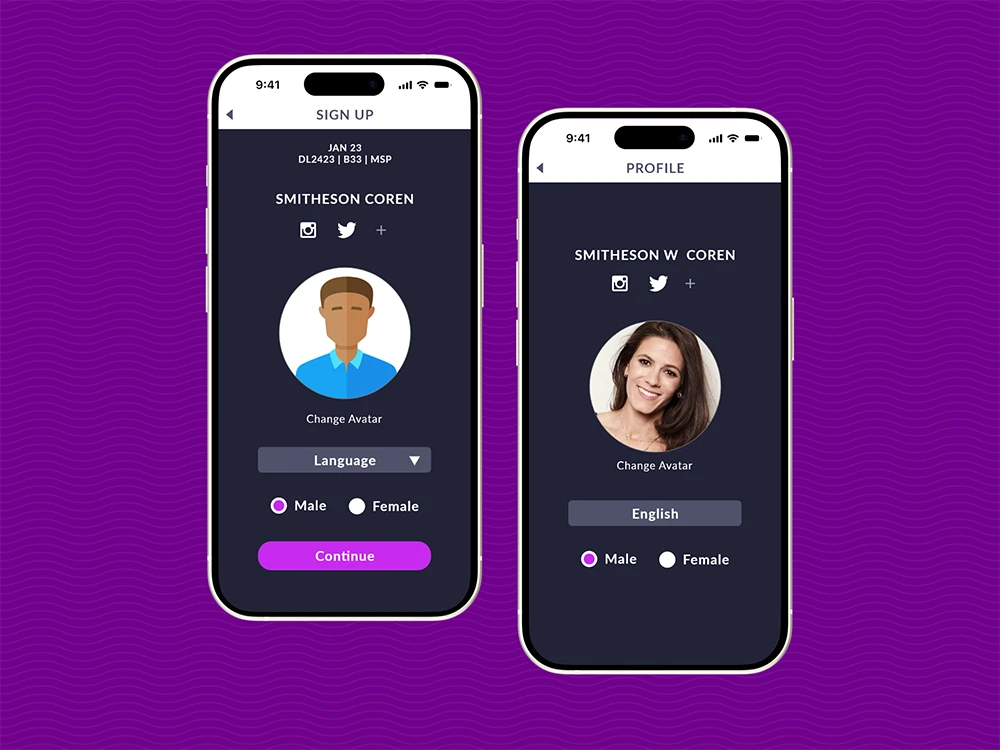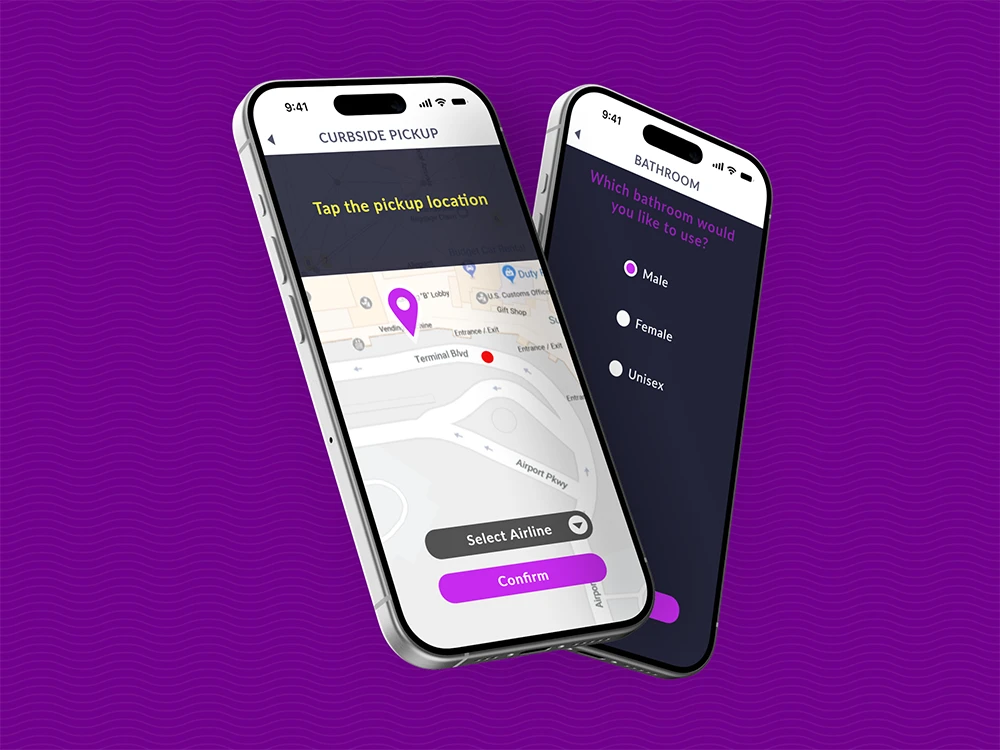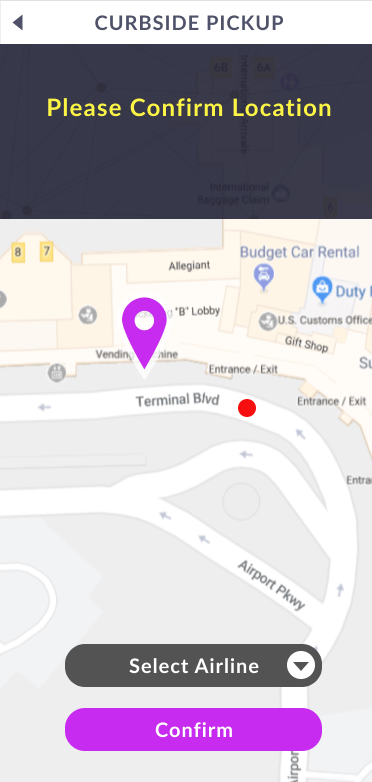Does My Business Really Need a Mobile App?
Little is more fashionable nowadays than to create a mobile app for your business. With millions of mobile apps available worldwide and famed “decahorn” app case studies such as Uber and SnapChat, it’s little wonder that small and mid-sized businesses are sprinting to get in on the action. Unfortunately, in many cases, rushing into mobile app development can be the equivalent of buying that “hot stock” just because all your friends are doing it.
Many businesses are unaware of the cost implications as well as the actual market potential of their app. With custom business apps generally running anywhere from $40,000 all the way to $150,000 and up, you could be incurring some serious opportunity costs by not relegating that money elsewhere, say on marketing, equipment upgrades, or good old fashioned savings.
Here are some things to ask yourself before joining the app rush:
Did I actually analyze the demand for this app or am I assuming that just because people will like my business they will like my app?
Smartphone screen real estate is a precious commodity. With many phone providers pre-installing tons of uninstallable bloatware apps, 78% of smartphone users regularly use only 3 downloaded apps on their phone. (1) And just because I’m a loyal customer doesn’t mean I want your app eating up memory and real estate on my phone. Luckily, if you are developing an app for a built-in audience, that same audience can provide an excellent source of data for you. Consider running multiple surveys across your existing customer base and some external surveys via Google Surveys (https://www.google.com/insights/consumersurveys/home) to see if this app is something consumers even want.
Am I prepared for the cost and timelines involved?
The mobile app industry is highly unregulated. Whereas a mechanic needs a license to take $35 dollars for an oil change, an app developer can happily take a $500,000 check with fast talking and 1 year of online programming courses. The price range is truly astounding. The same exact application RFP can generate quotes of $3,000 from tiny outsourced outfits all the way up to six figures from established software houses in the US and Europe. One way to clamp down on the ambiguity is to over-communicate and pay attention to detail.
Your initial RFP should not be a vague 2- paragraph email about your app concept. Instead it should contain every possible specification in an industry-defined “spec report.” This would include things like user case studies, initial wire frames, user types, server requirements, platform requirements and others. The better planned out your app is, the easier it will be for an app company to quote you accurately. If you can’t put this together yourself, consider hiring a consultant to put it together for you. Spending a thousand dollars or so in the preliminary research phase with a consultant can easily save you tens of thousands of dollars in the quotation phase.
Am I prepared for the legal implications and liability?
According to top Silicon Valley law firms such as www.dpalawyers.com, mobile apps can be an incredibly high risk business venture if not structured properly. Recently, the California Appellate Court of Appeal shot down a click through agreement, which is becoming increasing common. Most businesses throw in terms of service as an afterthought into their app, not understanding the immense legal exposure they leave themselves open to. If a consumer ever incurred any sort of loss or damage that was in anyway related to your app, you could be caught completely exposed with your user agreement being unable to provide the slightest bit of protection.
And not only that, a lot of stock user agreements contain “landmines,” or clauses that could be deemed illegal under the state jurisdiction you are operating in. Bloodsucking plaintiff class action attorneys actively troll mobile app user agreements, looking for these loopholes and sue unsuspecting businesses for no legitimate reason whatsoever. For example, the New Jersey Truth and Consumer Contract, Warranty and Notice Act creates specific prescriptions for how NJ apps write their terms of service. If it’s written wrong, they can get sued for as much as $100 per user over pure semantics.
You will also need to contact your insurance carrier as the policy you currently have for your business will most likely not cover any sort of liability incurred by the app, such as cyber security, collection of personal information, etc. There have been cases of apps being sued for as much as $1.5m simply because they did not do a good enough job of encrypting their user data.
If possible, create an entirely new corporate entity so that the new unknown risks of your app do not impact your existing business. But even that strategy is not foolproof, as you will need to demonstrate a credible standard of entity separation, such as holding separate bank accounts, staff and contact information.
The world of mobile apps is fraught with risk and reward. While the right mobile app might skyrocket sales and land you on the national scene in a big way, a poorly planned app could turn out to be expensive, unprofitable and even cause you significant legal loss and harm.






